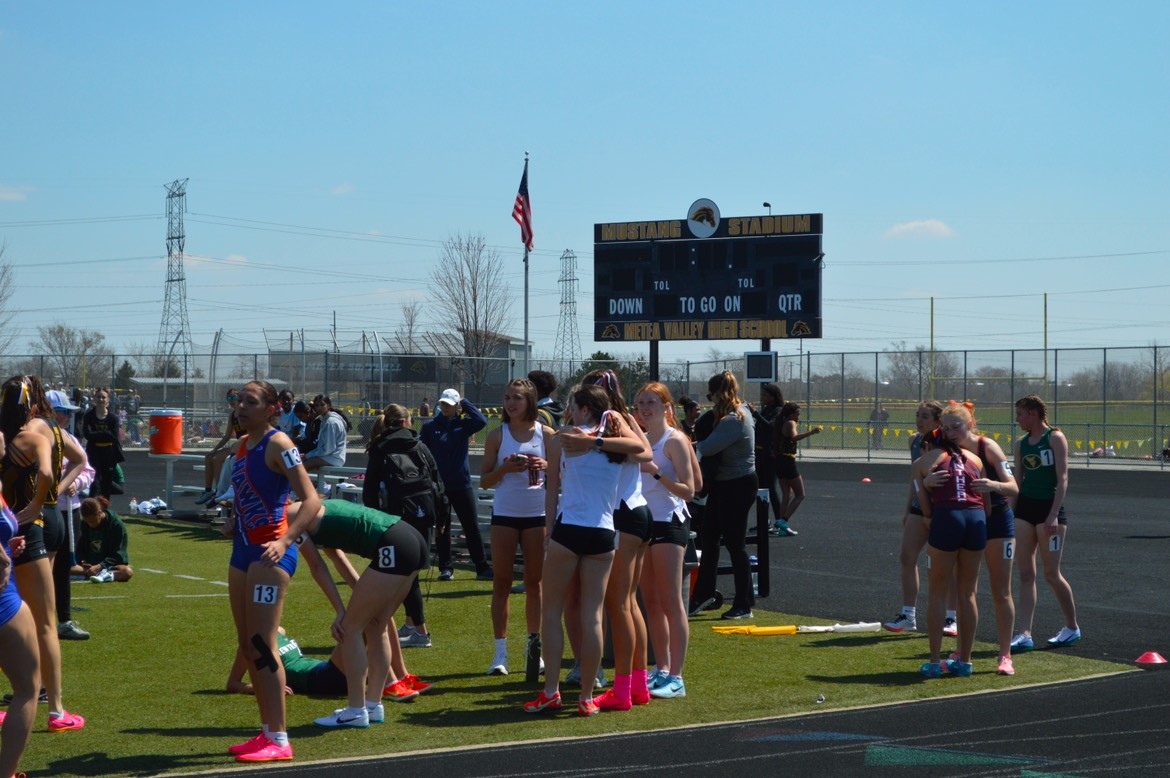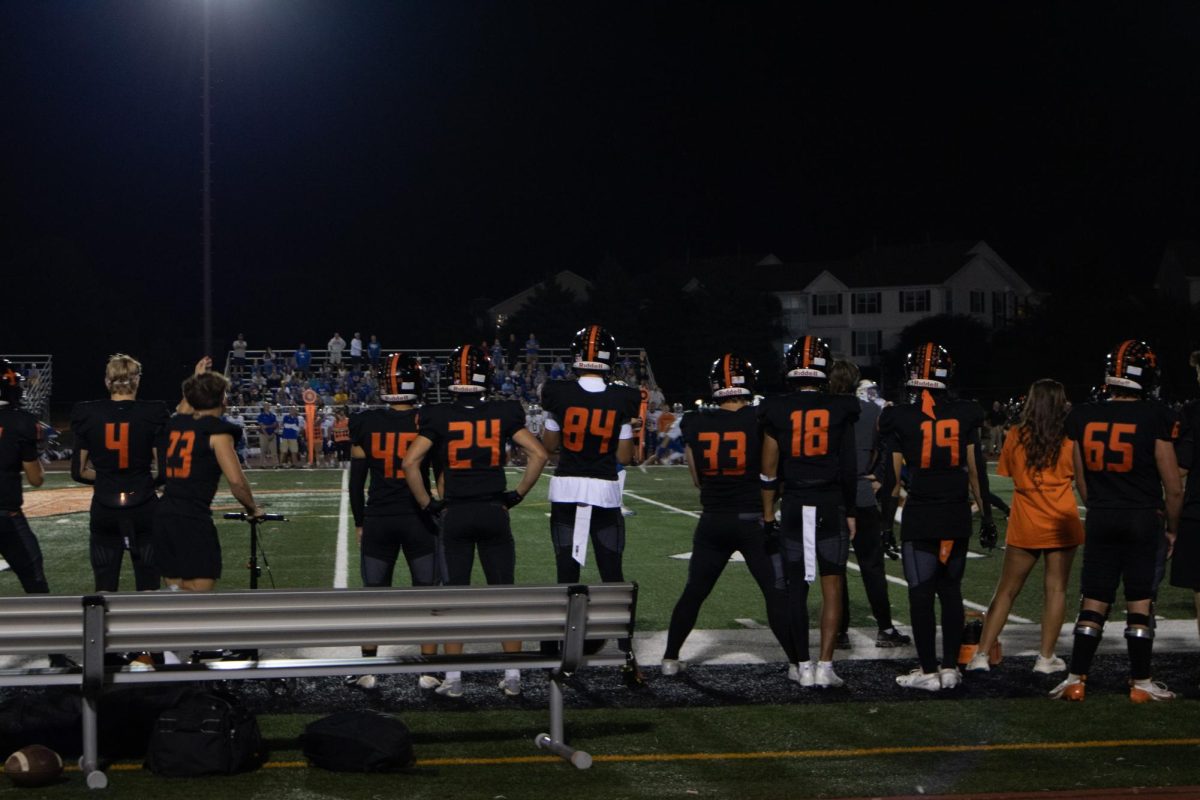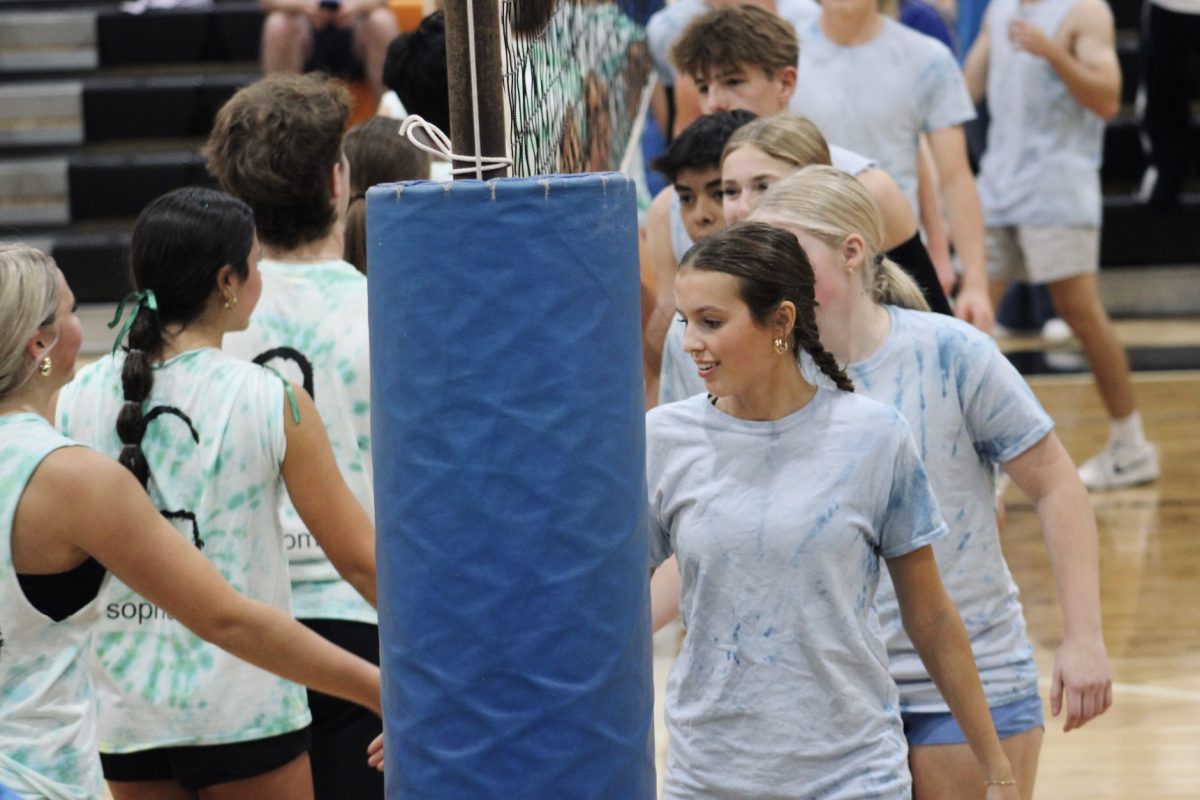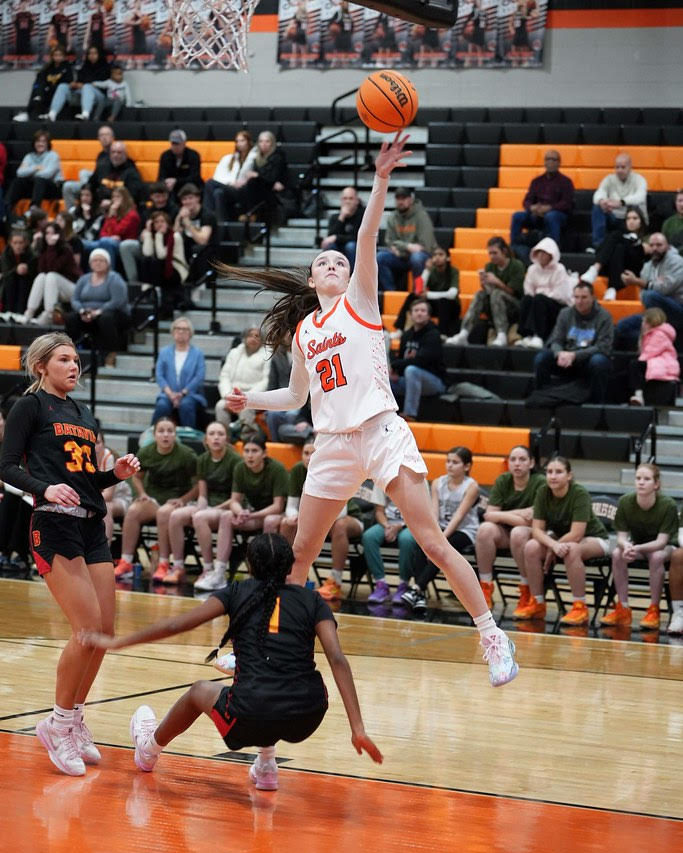Track and field is generally considered a non-violent sport, considering that any physical contact made with a competitor risks disqualification. There is the occasional elbowing or accidentally stepping on someone; otherwise, the sport is very hands-off, especially when compared to sports such as football.
However, recently, a video has been circulating of a relay at a high school track meet in Virginia. The video shows Alalia Everett, one of the runners, violently hitting her competitor, Kaelen Tucker, in the head with a baton as she is being passed.
The video has created some controversy due to Everett’s claim that it was merely an accident.
“I lost my balance,” Claimed Everett in an interview with WAVY, “When I pumped my arms again, she got hit.”
Everett’s relay team was disqualified from the race, furthermore, she is now being charged with assault and battery for the incident.
The impact of the baton gave Tucker a concussion. Everett has claimed to have tried to reach out to apologize, however, Tucker has blocked all forms of communication with her.
This is not the only recent incident involving athletes facing charges for violence at track meets. At a track meet in Texas, Anthony Hayes and Austin Metcalf, two student-athletes from different schools, got into an argument when Hayes entered Metcalf’s team’s tent for shelter from the rain. The argument quickly escalated as Metcalf continued to tell Hayes to leave the tent. The argument ended with Hayes stabbing Metcalf in the chest.
Both Hayes and Everett, as well as their families, have received backlash for their actions, showing the consequences that poor sportsmanship can have. As the video of Everett hitting Tucker has gone viral, a myriad of hateful comments have been made towards Everett. Additionally, both athletes’ families have claimed to have received death threats for their actions.
Although there are many examples of poor sportsmanship in track and field, many instances of good sportsmanship can also be seen throughout the sport.
At the 2020 Olympics in Tokyo, two high jumpers, Mutaz Essa Barshim of Qatar and Gianmarco Tamberi of Italy, tied in the high jump. When offered to compete in a “jump off” to determine the winner, Barshim asked if they could both receive a gold medal. The two athletes celebrated their win together and made history as the only Olympic athletes to ever share the gold in an event.
On top of that, great sportsmanship was shown at the 2024 Paris Olympics during the women’s 100-metre dash. Halfway through the race, Lucia Morris of Sudan fell, clutching her leg. Silina Pha Aphay of Laos noticed her lying on the ground when she finished the race and immediately rushed to her aid. Pha Aphay remained with Morris until she was taken away on a stretcher to receive proper medical attention.
Instances of poor and good sportsmanship come in many forms, even if they don’t gather the same attention as others. Small acts of poor sportsmanship, such as trash-talking before a race or celebrating arrogantly, can negatively change the environment in sports. On the other hand, something as simple as cheering for other athletes or congratulating the opposing team can help create a positive environment.
Overall, it is up to athletes to determine the environment fostered by their sport and team.









